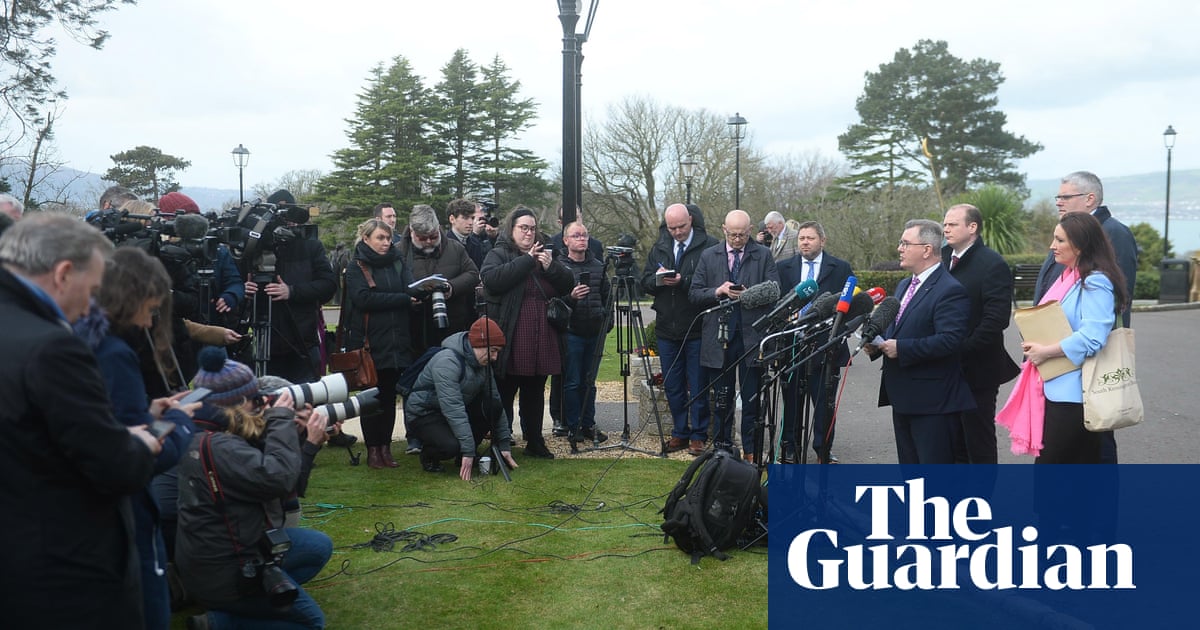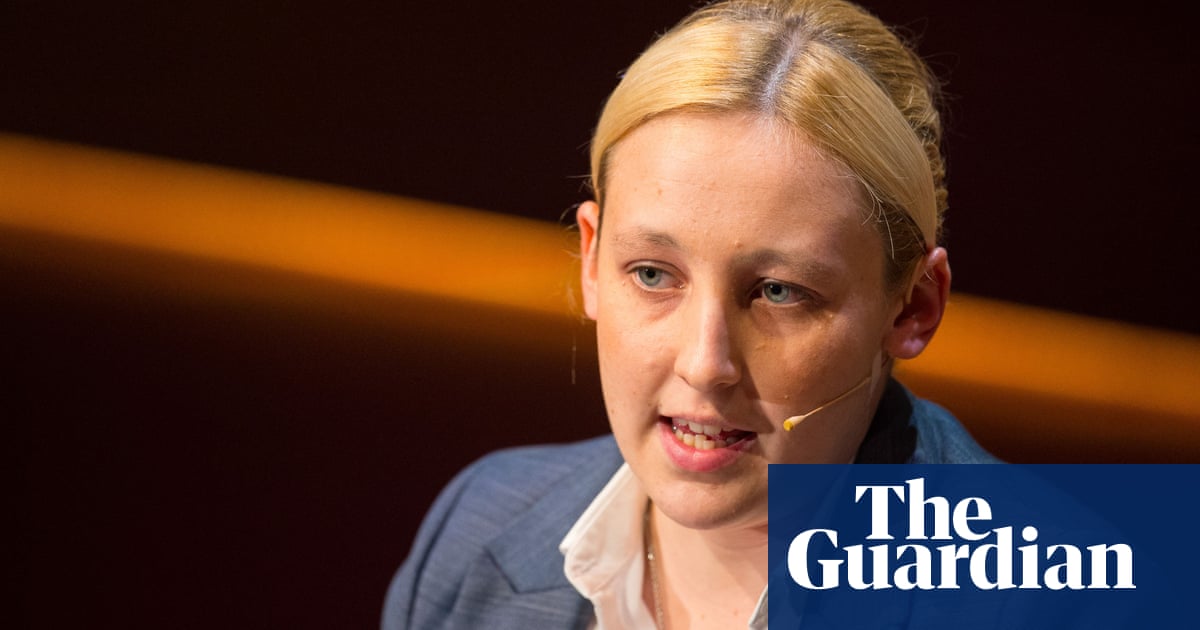
A slimmed-down “virtual House of Commons” featuring ministers in the chamber being questioned by MPs via video link is set to convene next week after Commons authorities agreed to the idea.
The scheme, the first time part of the Commons will have sat remotely in its 700-year history, will allow up to 50 ministers and backbenchers to physically be in the chamber at any one time, with up to 120 appearing on screens. Those in the Commons would sit at a distance from one another to minimise the risk of transmitting coronavirus.
The video-conferencing element will use the US-made Zoom system, despite worries about its security. The House of Commons commission, which made the announcement, said the National Cyber Security Centre had advised Zoom would be usable “if the installation and the use of the service is carefully managed”.
The House of Lords is also scheduled to hold remote sittings from next week, a subsequent statement from the upper house said, using Microsoft systems.
MPs are due to return from the Easter recess at 2.30pm on Tuesday. The new system will not take effect immediately, as the measures will first need to be approved by some MPs physically sitting in the Commons. This would mean one of the first new-style events could be prime minister’s questions at midday on Wednesday.
The virtual sittings will only be in place for the first two hours of each day, taking in questions and statements. Once the system is seen as working well, the hope is to extend it to debates and legislation.
No decision has yet been made on remote voting, which MPs would have to decide on.
The statement explaining the new working methods said that while up to 50 MPs could be in the chamber at any one time, it was expected that fewer would attend, and that they would be encouraged to work at another location if possible. If an MP is in the Commons they will only be called to speak if listed to do so, as is the normal procedure.
Screens will be placed around the chamber to let the Speaker, Lindsay Hoyle, and MPs in the chamber see and hear their colleagues. A new rule dictates that those appearing via Zoom “will be expected not to display or draw attention to objects to illustrate their contributions”, so as not to give any advantage to remote speakers.
In the event of a technical failure that prevents an MP from being heard, they will be called later if possible. When the virtual system is being used, there will be no interventions or points of order to interrupt speeches.
Similarly, in the Lords peers will only be able to ask ministers questions, and to listen to and respond to ministerial statements and private notice questions, and contribute to non-legislative debates. For now, again, debates on legislation will be limited to physical settings.
The Lords is next due to sit on Wednesday.
The Commons commission, which is responsible for the administration and operation of the chamber, is chaired by Hoyle. Other members include Jacob Rees-Mogg, the leader of the Commons, his Labour shadow, Valerie Vaz, and Pete Wishart of the SNP.
The commission statement said the hybrid model “was developed at speed and chosen as an achievable first step towards a virtual parliament, having the benefit of meeting current technological capacity”.
In a statement, Hoyle said he wanted MPs and staff to remain socially distanced and not attend parliament unless necessary.
“By initiating a hybrid solution, with steps towards an entirely virtual parliament, we are enabling members to stay close to their communities, while continuing their important work scrutinising the government,” he said.
“I do not want members and house staff putting themselves at risk. By working virtually, this is our contribution to the guidance of stay home, protect the NHS and save lives.”
Rees-Mogg said the measures would help parliament scrutinise the executive, authorise spending and makelaws, “all of which are essential to tackling coronavirus”.
He added: “I am extremely grateful to Mr Speaker, for showing the leadership necessary to make this happen; to the parties, who have worked together constructively to ensure next week’s business will run smoothly with the minimal necessary attendance in Westminster; and to house staff, for working so hard over the Easter break to make these changes technically possible.”
Efforts are being made to minimise the number of staff who will need to be at Westminster, and no visitors will be allowed.











